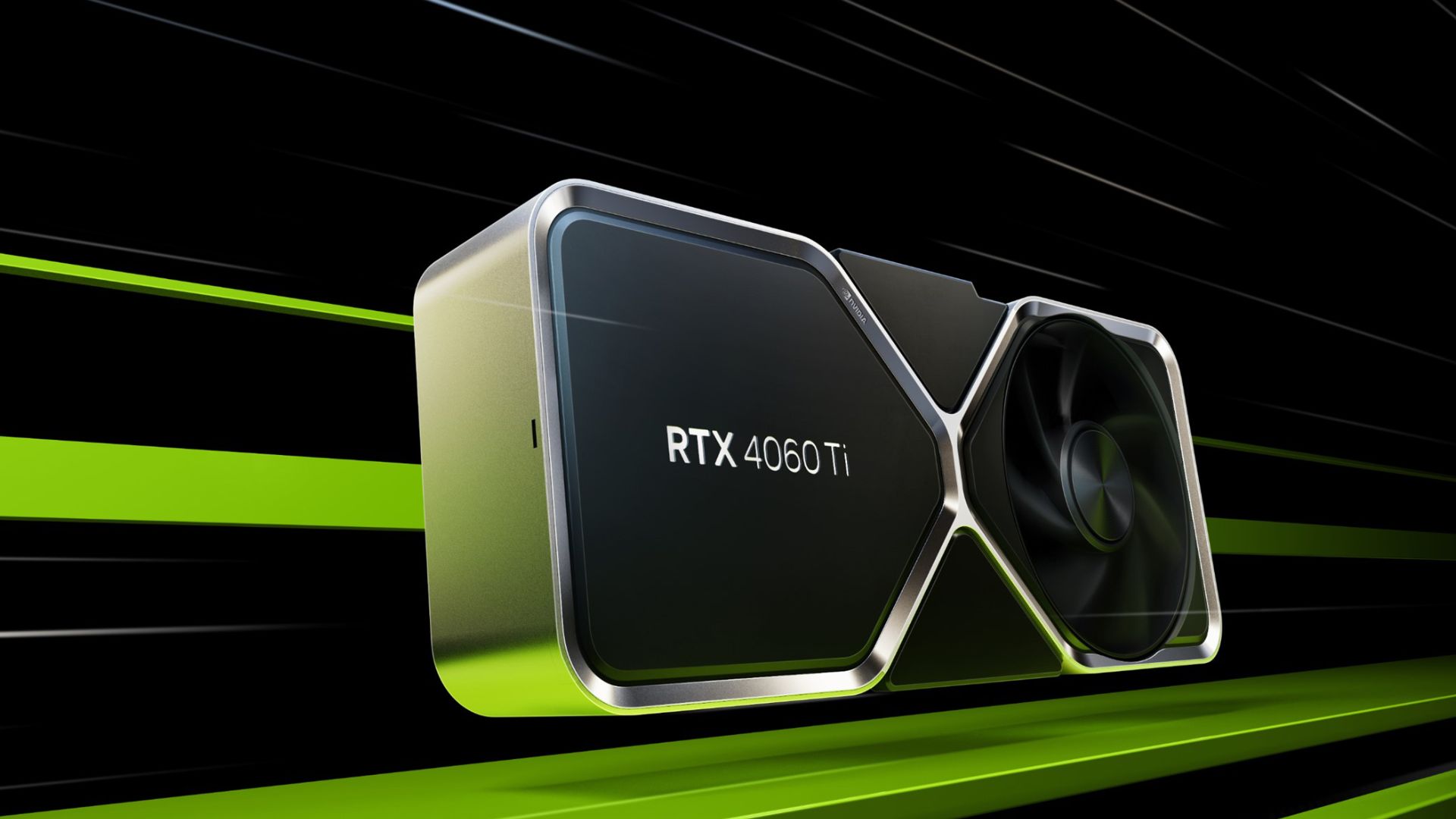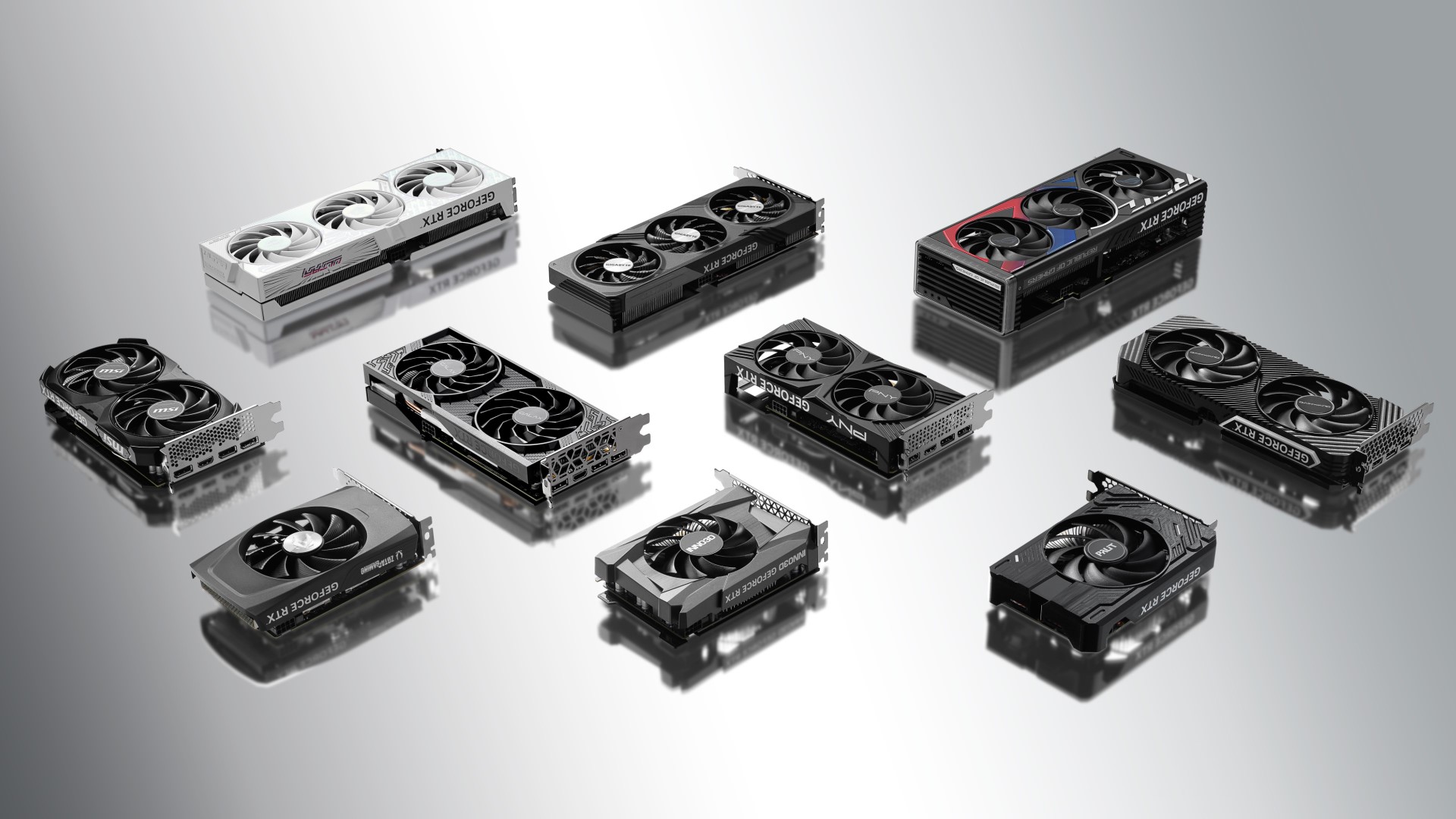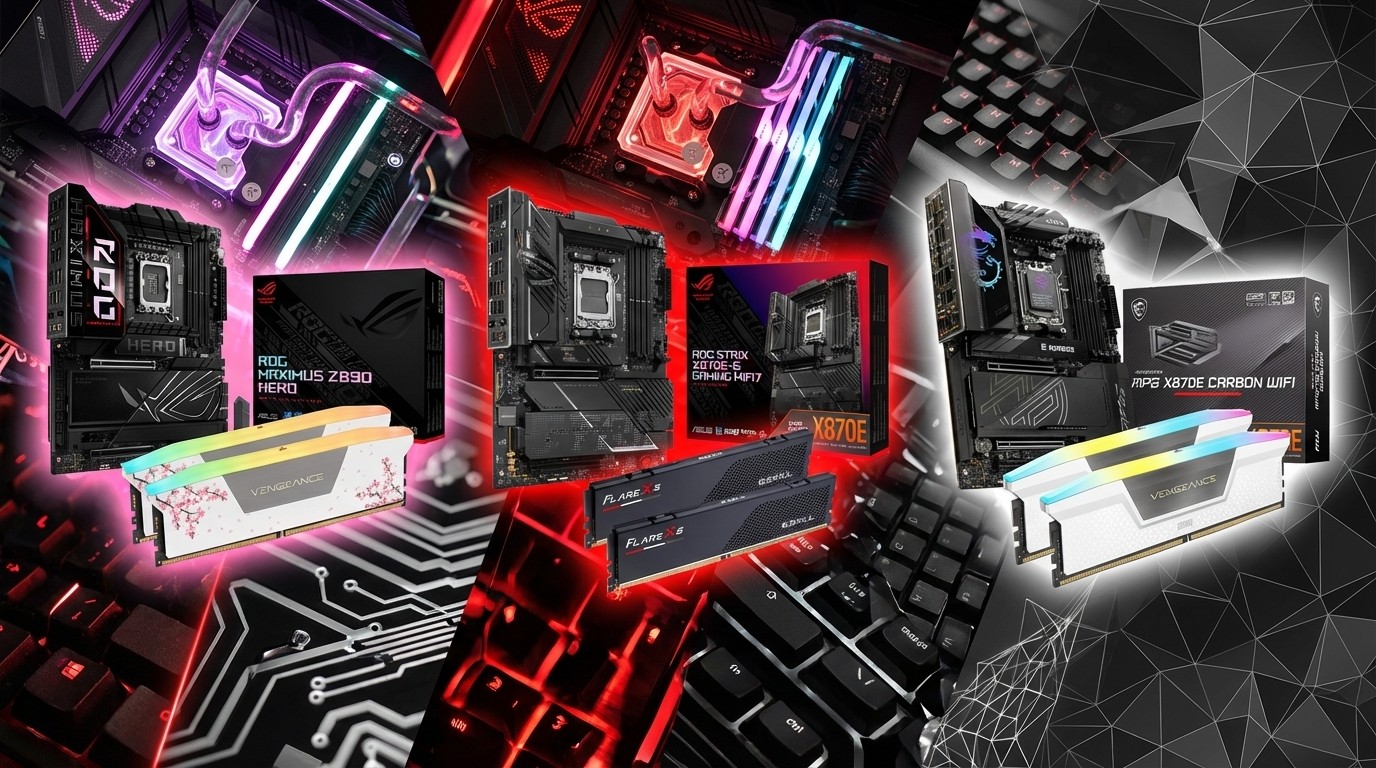Chinese GPU recycling factories have a workaround for the US government's newly imposed export rules — modified NVIDIA RTX 4090 cards serve as great AI accelerators
Not even the US government's newly imposed exportation rules will hinder China's AI advances.

What you need to know
- The US government recently imposed new exportation rules preventing chipmakers from shipping graphic cards to China, citing concerns over uncontrolled military AI advances.
- While chipmakers like NVIDIA have since pulled their products from Chinese websites, Chinese graphics card recycling factories are dismantling GeForce RTX 4090 gaming cards and repurposing them into AI accelerators.
- Following the imposed exportation rules, the price of these cards has skyrocketed.

• Unbeatable Xbox bundles
• Xbox SSDs and expansion cards
• RTX 4050 gaming laptop for $599
• 700hrs in this game is 3¢ an hour
• Refurb Surface Pro 9 is just $639
• Microsoft Audio Dock is 80% off
• My favorite game is DIRT CHEAP
• Pick ROG Ally over the Legion Go
• Our top Xbox headset is $50 off
The US government recently imposed export rules preventing chipmakers like NVIDIA from shipping chips to China (including the GeForce RTX 4090), citing AI safety concerns. However, the US government highlighted that the move wasn't designed to run down China's economy, further indicating that it was a safety measure to prevent using the chips in military advances.
While it's evident that the rules have heavily impacted China, this hasn't hindered or deterred advances in other areas, particularly when it comes to AI workloads. A user from Tieba Baidu forums recently visited a Chinese factory specializing in recycling graphic cards. The user witnessed the workers at the plant tear the RTX 4090, allowing them to extract the AD102 silicon and GDDR6X memory modules.
According to a spot by our sister site, Tom's Hardware, the workers could repurpose these components onto a "special reference" PCB with a blower-style cooler. Tom's Hardware states that the entire process is similar to "organ traffic" since the factory only preserves the GPU and GDDR6X chips during disassembling, dumping the rest of the components to second-hand markets.
The goal is to reduce the GeForce RTX 4090's footprint and eventually replace it with a compact blower style capable of converting them into AI accelerators. Admittedly, you can already use the GeForce RTX 4090 for AI workloads, but it's huge and can occupy up to four PCI slots. As such, it makes much more sense to go the blower-style cooler way, as it only takes up two PCI slots. This ultimately allows you to add more RTX 4090 GPUs into the clusters.
Before the US government's newly imposed exportation rules, accessing RTX 4090 blower graphics cards was next to impossible. But with the graphics card recycling factories in place, getting one in China is now possible.
The exportation ban's costly implication on China

Following the US government's newly imposed exportation rules, chipmakers like NVIDIA have pulled their products from Chinese websites. This has forced vendors to price the remaining GeForce RTX 4090 graphics cards exorbitantly, shooting to even $2,700. The impact cuts across the board have also affected the price of the Ada Lovelace graphics cards and the GeForce RTX 3090.
President Biden recently issued an Executive Order designed to help put guardrails and safety measures in place to help govern AI use. It's unclear if the recycling and repurposing of these graphic cards to serve as AI accelerators falls within this bracket.
All the latest news, reviews, and guides for Windows and Xbox diehards.
Do you think the US government's exportation ban on China is justified? Share your thoughts with us in the comments.

Kevin Okemwa is a seasoned tech journalist based in Nairobi, Kenya with lots of experience covering the latest trends and developments in the industry at Windows Central. With a passion for innovation and a keen eye for detail, he has written for leading publications such as OnMSFT, MakeUseOf, and Windows Report, providing insightful analysis and breaking news on everything revolving around the Microsoft ecosystem. While AFK and not busy following the ever-emerging trends in tech, you can find him exploring the world or listening to music.
